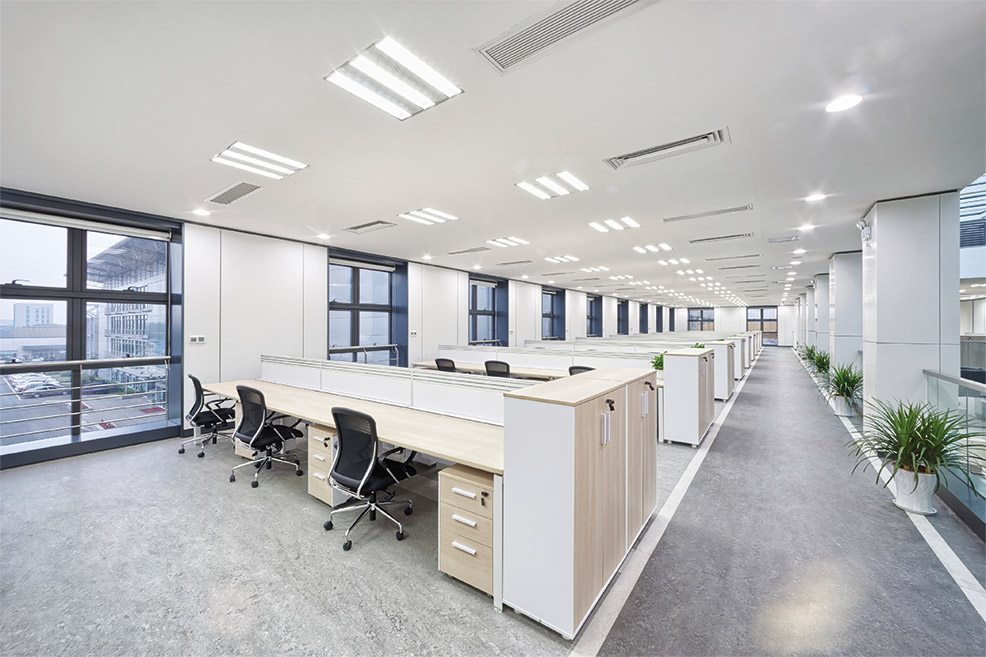
Commercial HVAC systems are complex sets of cooling and heating units connected with an array of ducts and vents. They require a lot of planning and design to get right and to ensure they work efficiently.
While you do not have to be an HVAC expert to know one will make your customers and employees more comfortable, you need to know at least what to look for to ensure you get the best one for your business.
Whether you need a new HVAC system for a new building or are replacing the one you already have, here are key considerations to keep in mind.
Types of Air Conditioning Systems
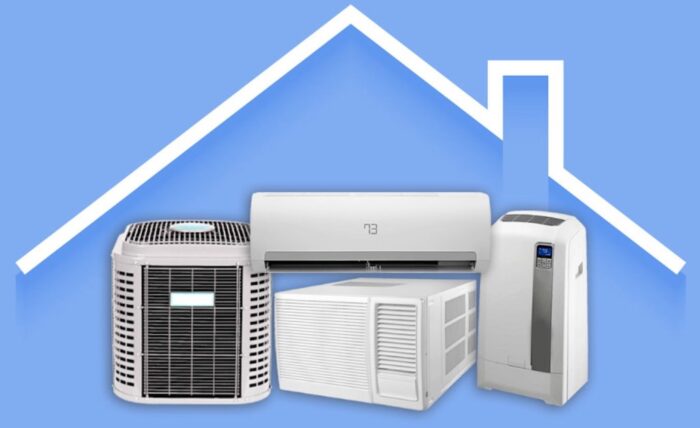
One of the first things to consider is the different air conditioning systems available for businesses such as yours. The most common options are split, hybrid, and packaged systems.
A split HVAC system has its components placed in separate areas. Typically, one part of the system is set up outside, and the other one is placed inside. The two pieces of equipment are then connected using one or multiple copper pipes to allow refrigerant to flow between them. Like other systems, split HVAC systems cool commercial spaces by transferring heat from the warmer air inside to the cooler air outside.
Hybrid systems have both a traditional boiler and a heat pump, thereby giving you more control over the level of heating and cooling in your commercial property. The heat pump can also work as a heat extractor, which works in conjunction with the cooling element of the HVAC system.
These systems are highly efficient, and since you control the temperature using a thermostat, you get a lot of control over the building’s heating and cooling. Such control can allow you to save on your energy bills if you know how to tune everything just right.
Packaged systems are an all-in-one option with only one unit that controls everything. They are compact, cost-effective, and easy to adapt, so they are very popular in many smaller office buildings. Their main advantage is fitting into even the smallest of spaces. Their main disadvantage is that the whole unit fails if one part of it does, and such a breakdown necessitates a professional taking the system apart for repairs.
Upfront Cost
Energy-efficiency of the HVAC system will dictate its ongoing costs due to its impact on your energy bills, but you need to think about the upfront cost too. A new HVAC system is a significant investment for any business, and the shock of the price leads business owners to buy a system that is smaller than they need.
These cheaper and smaller systems are less efficient and likely have inadequate heating and cooling loads for your space. Paying a little more when buying a new HVAC system will save you money, time, and headaches in the future.
Apart from the cost of the system, you should also factor in installation costs. Many companies include installation costs in the overall package, but they’re still something you should consider. Ask the installation company how much they charge for the service so you can compare it between installers to get the best quote.
Remember that the installation cost will not only hinge on the system you get but also on whether you are using a system with ducts and vents or a ductless one.
Add-ons
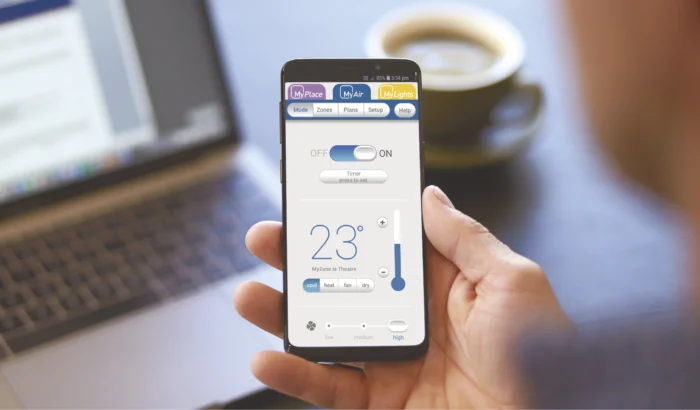
Apart from the HVAC system, companies that provide HVAC design and construction services also sell add-ons that help you take advantage of everything the system offers. For example, they can install remote control and monitoring systems so you always know what your system is doing no matter where you are.
These add-ons also help you change what the system is doing at any time. Many businesses use their HVAC systems to cool their commercial spaces during the day and keep them warm at night. You might need an add-on that gives you these capabilities.
The other concern is air quality, where you may need granular control of the particulate matter in the air and how clean it is. You might need to control allergens, humidity, or dust to ensure optimal air quality, and the HVAC design and construction company can provide an add-on that lets you control this.
The Size of The Available Space
It stands to reason that a larger space with more air has more heat that an HVAC system needs to remove. This larger air volume must also be circulated faster to get efficient cooling. These factors lead to the conclusion that you should talk to a professional who provides HVAC Design and Construction Services to ensure you get an HVAC system that is the right size for the amount of space you have.
Apart from the temperature being a bit high and the HVAC system having to work harder, a smaller system than required can also impact air quality. In an office or commercial space with many people, you want to remove allergens and pathogens from the air as fast as possible, so getting an HVAC system that is the right size is necessary.
Cooling Loads
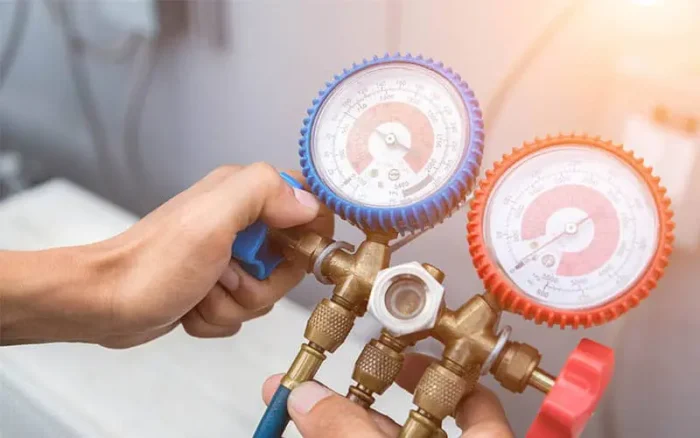
The system’s cooling load is something that engineers take into consideration when designing and installing HVAC systems. It refers to the amount of heat the system can remove from a given space in a given amount of time.
Higher cooling loads are recommended for larger buildings, where the temperature needs to be maintained below typical levels, and where the building retains a lot of heat due to its construction. If the HVAC system’s cooling load does not match the requirements, the space will be much warmer than anticipated, and thus, the system will not perform as efficiently as expected.
Energy Efficiency
Energy efficiency is crucial for HVAC system designers as it ensures the system works as expected while using as little power as possible. Energy efficiency refers to the energy consumed by an HVAC unit that is converted into “work,” whether that is cooling or heating a space. If a system is highly efficient, it uses most of the power it consumes to do some work. If it has low efficiency, it wastes energy and thus costs you money without you seeing much benefit.
In many cases, energy efficiency goes hand in hand with insulation. If the HVAC system doesn’t have to do a lot of work to cool or heat a commercial space due to proper insulation, it will use a lot less energy and thus be more efficient. Additionally, insulation provides optimal operating conditions for HVAC systems.
High-efficiency HVAC systems are also good for the environment, so businesses that use them can rightly market themselves as green and more sustainable than their competitors.
Ducts and Ventilation
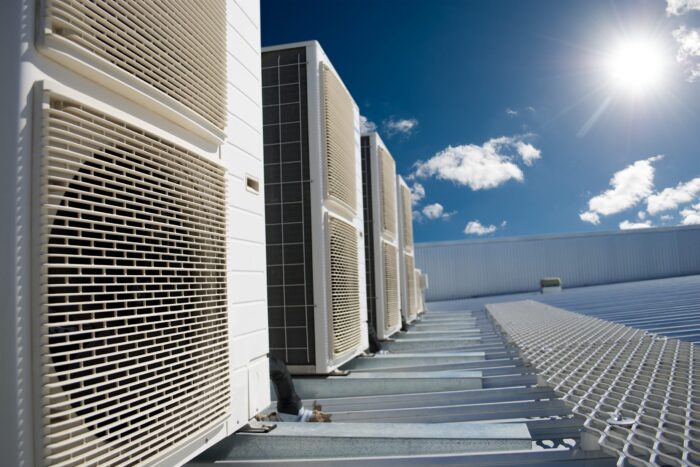
HVAC systems that heat and larger commercial spaces require ducts to work correctly. If you buy or lease a building with vents, you should get someone to check them out and ensure they are still in a serviceable condition. If not, you should ask for a quote on their replacement and include this in the cyst’s upfront cost.
Ventilation is crucial for good airflow and circulation, which the designer and installer should consider when getting an HVAC system for your commercial building. Ventilation in this case will depend on the shape of the building and its interior design as well as the paths air takes while flowing through the building.
Every commercial building should have an HVAC system for the comfort of employees and customers. Choosing the right system can seem daunting, so you should consider the factors discussed above and work with a reputable HVAC system designer and installer to ensure you get the best one for your business.








